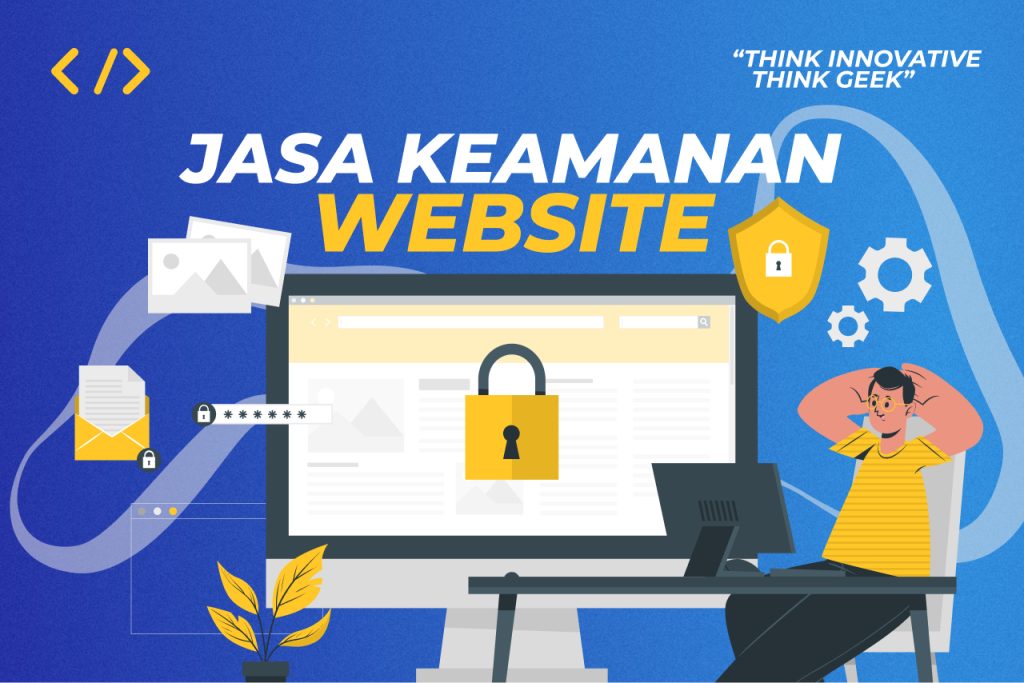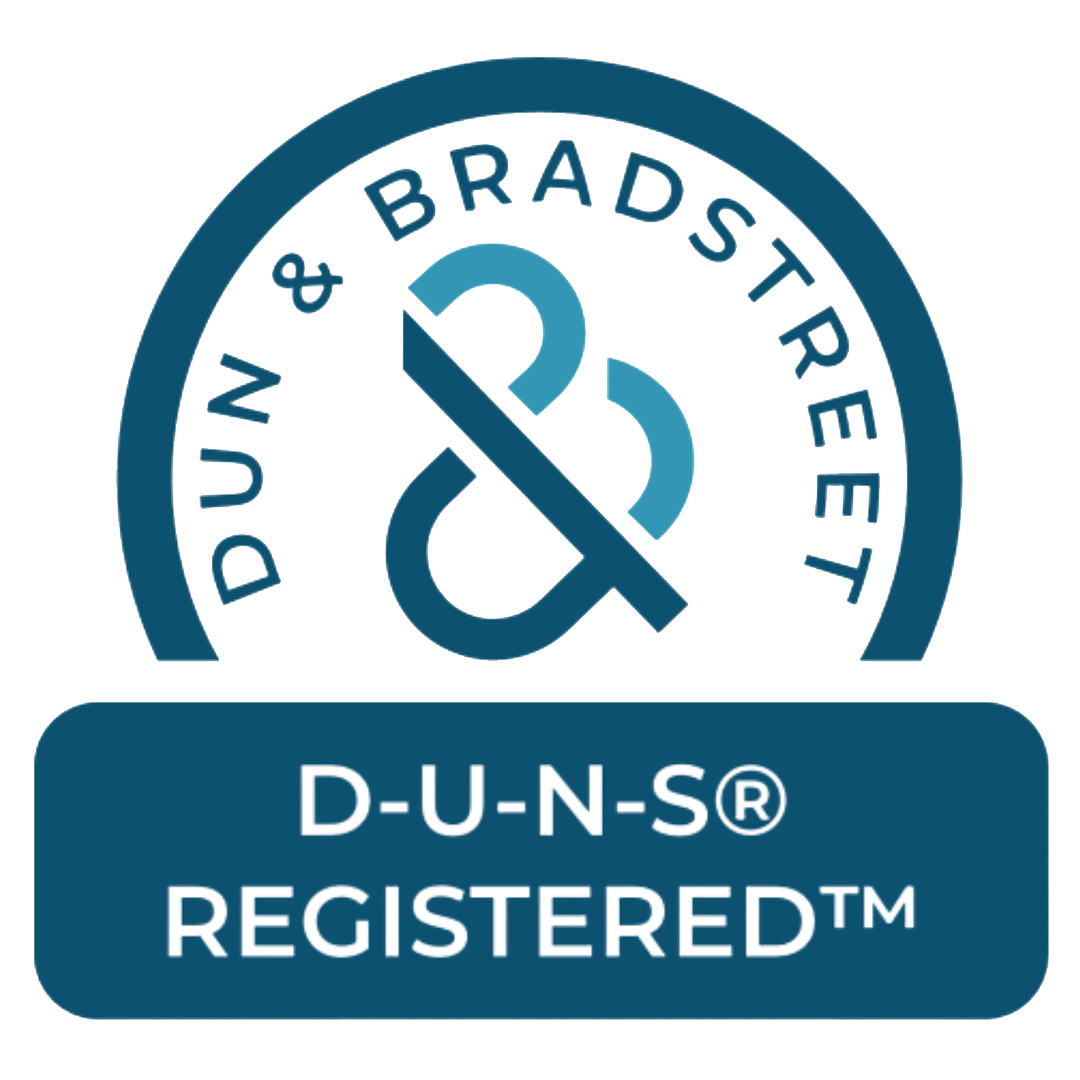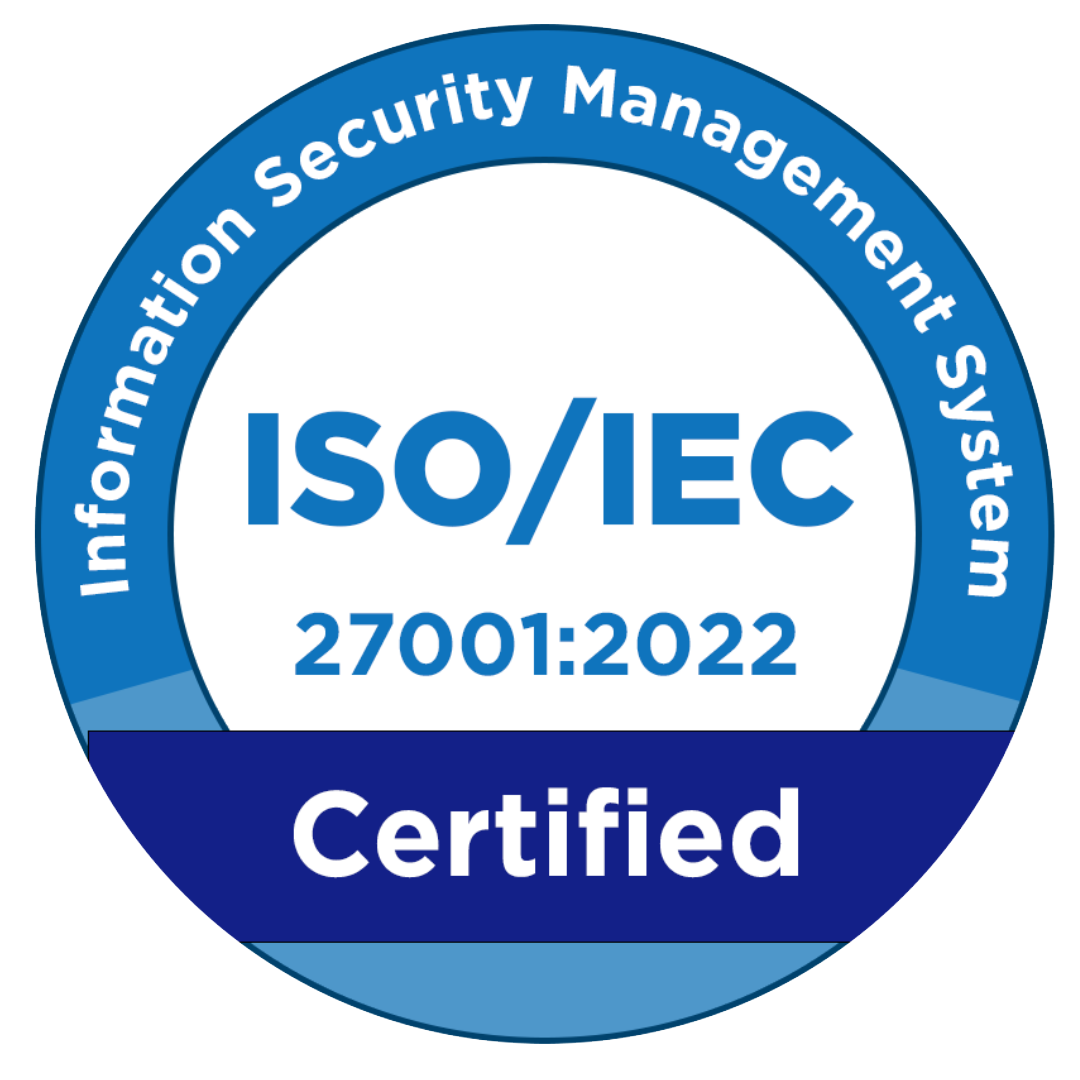In today’s fast-paced digital era, website security is no longer an option—it’s a necessity. Imagine your business site suddenly going offline due to a DDoS attack, or your customer data leaking from a tiny, undetected security flaw. The loss isn’t just financial, it’s a breach of user trust. That’s why website security services are the frontline defense for safeguarding your online business continuity. In this article, you’ll discover the types of website security service and how they protect your business from cyber threats.
Read Also: Building an Effective Cyber Security Strategy for Businesses
Types of Website Security Service
Let’s explore the key website security services that can protect your business site:
1. Vulnerability Scanning and Penetration Testing
This service scans your website for security weaknesses. While vulnerability scanning only detects flaws, penetration testing attempts to exploit them—just like real hackers do. This approach offers a complete picture of your system’s vulnerabilities.
2. Web Application Firewall (WAF)
WAF acts as a digital shield that filters incoming web traffic. It detects and blocks suspicious requests, such as bots, XSS, and SQL injection, before they can reach your systems.
3. DDoS Protection
Distributed Denial of Service (DDoS) attacks flood your website with fake traffic to bring your server down. Reliable DDoS protection services filter incoming traffic, identify attack patterns, and help your website stay online during peak threat periods.
4. SSL/TLS Certificate Management
An SSL certificate is more than just a padlock icon in the URL—it encrypts user data in transit. This service ensures your certificate is always active, securely configured, and updated on time.
5. Continuous Security Monitoring and Incident Response
This 24/7 monitoring service tracks suspicious activity in real-time. If something unusual is detected, the system sends immediate alerts, and the security team responds quickly, minimizing downtime and damage.
Estimated Costs of Website Security Service
According to PenasihatHosting, here are some estimated costs associated with securing a website:
- Domain: IDR 24,000 – IDR 1,857,000
- Hosting: IDR 168,000 – over IDR 40,000,000
- Email Hosting: IDR 186,000 – IDR 33,480,000
- Backup Services: IDR 31,500 – over IDR 10,000,000
- Premium Plugins: IDR 0 – over IDR 15,000,000
- Themes: IDR 0 – over IDR 1,000,000
- Content Updates: IDR 0 – over IDR 100,000,000
- Stock Images: IDR 0 – over IDR 20,000,000
- SEO Services: IDR 0 – over IDR 100,000,000
These numbers reflect potential investment ranges depending on your business scale and security needs.
Read Also: Application Maintenance Costs and Factors that Affect Them
Engagement Process and Best Practices
How do you get started with website security services? Here are the typical steps and best practices:
1. Onboarding and Discovery
The first step is a full audit—understanding your system, platform, and specific security requirements. This forms the foundation for a customized protection strategy.
2. Implementation of Security Tools
Once the strategy is finalized, the team will implement tools like WAF, intrusion detection systems, and SIEM (Security Information and Event Management).
3. Scheduled Routine Scanning
Periodic scanning and testing (weekly or monthly) ensure no new vulnerabilities go unnoticed.
4. Reporting and Fix Recommendations
Every action comes with a detailed report and technical advice. You don’t just get protection, you gain insights into your website’s security posture.
Secure Your Website with Professional Security Services
Website security is not just a nice-to-have; it’s essential for any business. With services like vulnerability scanning, WAF, and 24/7 monitoring, you can maintain the integrity, performance, and trust of your online presence.

Start with a security audit. It will show you the most relevant next steps tailored to your business. Consult with a trusted provider today and get the website security service your business deserves!
Author: Sari Dewi (Content Writer)















